Take a Look, It’s in a Book

hile teaching music to young children at an independent school in Brooklyn over two decades, musician Carolyn Sloan, GED’17, was shocked to discover that many had never heard a symphony.
At the same time, she was reading books about music to her young son and was disappointed she couldn’t find any that offered a concrete, kid-friendly understanding of musical concepts, that played the sound of an instrument or, say, a melody. “Why would you make a book about a violin,” Sloan said, “without any sound? It’s very abstract to a little one who doesn’t know what a violin is.”
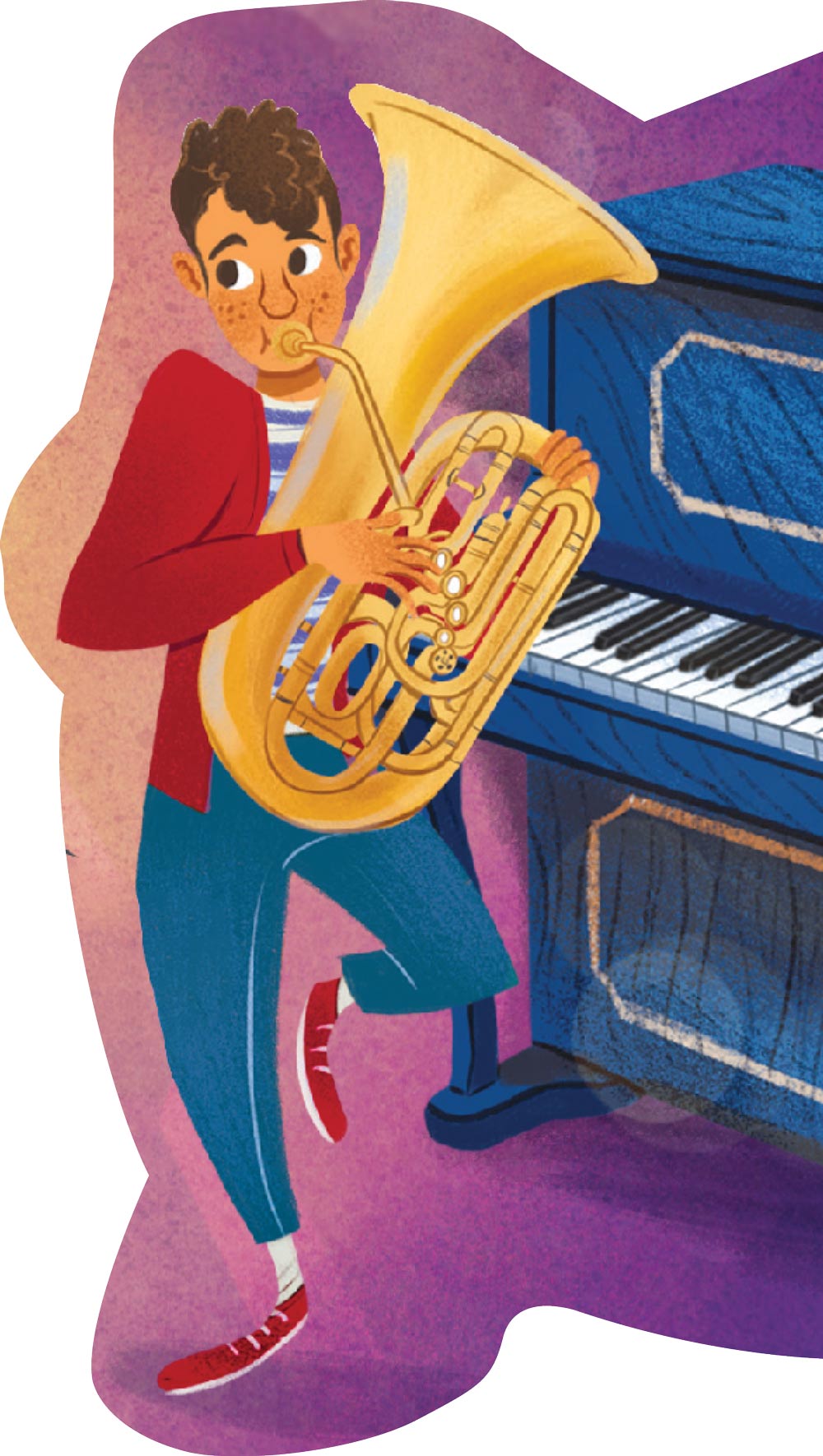
Since then, she has written two other books for the same publisher: Welcome to Jazz, winner of the 2019 Gold Nautilus Award for best children’s nonfiction book, and the brand new Welcome to the Opera. Meanwhile, Sloan left the classroom in 2021 to focus on an education platform (TeachMe TV) she founded with the help of her Penn GSE degree in education entrepreneurship.
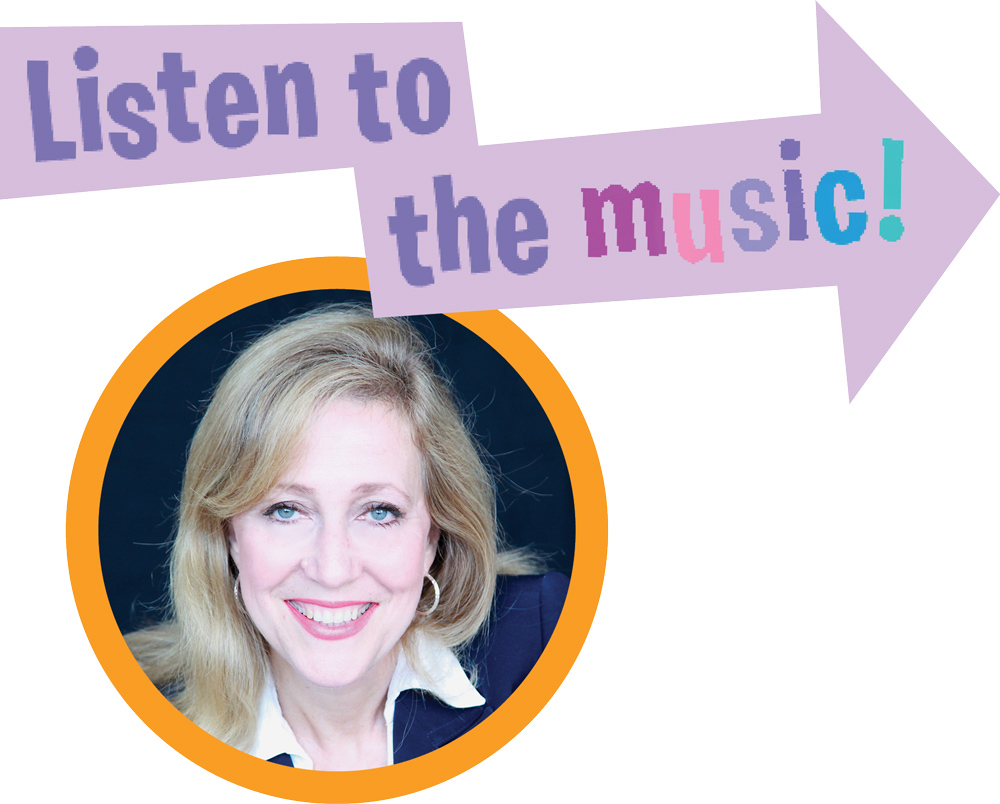
Sloan is one of several alumni who have translated their passion for education—further honed during their graduate studies—into children’s and young adult (YA) books that take on a range of topics. The other Penn GSE authors have written about positivity, community service, and different types of families. One middle-grade book tackles sexting. Another YA novelist tells a story of police brutality involving a teenager of color. Often, the authors are driven to create stories they would have enjoyed as children or adolescents, books that reflect a diversity of people, places, and experiences.
Seeing Me in the Story

For instance, “C” is for “confidence”: “Cerys is unsure about answering her teacher’s question,” the text reads with an illustration of an Asian American girl. “Her classmates encourage Cerys to raise her hand with confidence.”

“Throughout my Penn program,” said Hur, who worked on curriculum development for an electric-vehicle manufacturer and a learning-tech startup after leaving the classroom in 2021, “being able to understand with empathy and a growth mindset who is part of our community and giving voice to those who perhaps may not have had a voice have been the fuel for my professional experiences thus far, and the origins of the book.”

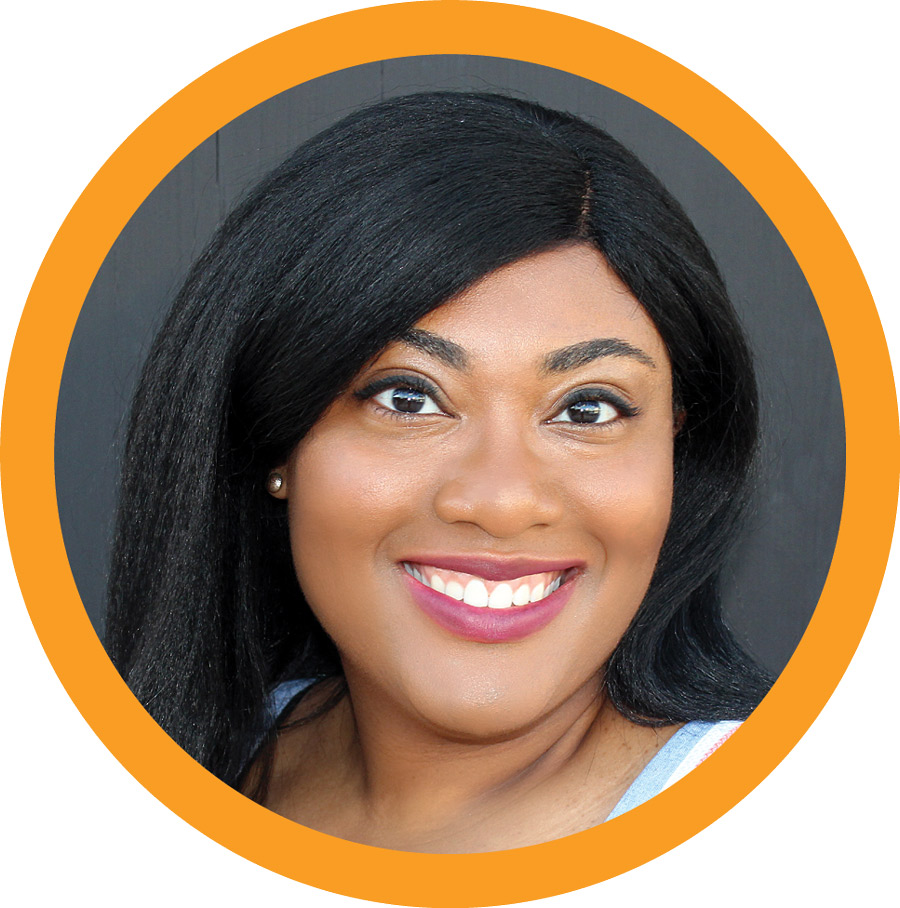

Representation Matters
Published in 2019, the widely praised Dear Haiti, Love Alaine (Inkyard Press, an imprint of HarperCollins), written with sister Maika Moulite, is the story of a rambunctious Haitian American high school senior who is sent to Haiti when a school prank goes very wrong. The sisters followed with One of the Good Ones, which takes on police brutality when a teen dies in custody. And currently, they’re working on The Summer I Ate the Rich (MacMillan Children’s Publishing Group), due in 2025, which delves into socioeconomic and racial inequality through the story of a zombie (an important figure in Haitian lore) who is hungry for revenge.
“I like being able to connect my creative endeavor with my academic life,” Moulite said. “I definitely want to keep championing diversity, so enough people see themselves and learn about people different from themselves.”
What do families look like?

“The Penn program spoke to diversity in a way that I hadn’t seen,” said the DEI consultant and former vice president of DEI at Earthjustice who lives in Silver Spring, Maryland. “It was really mission-driven—to create an equal playing ground in terms of access to education.”
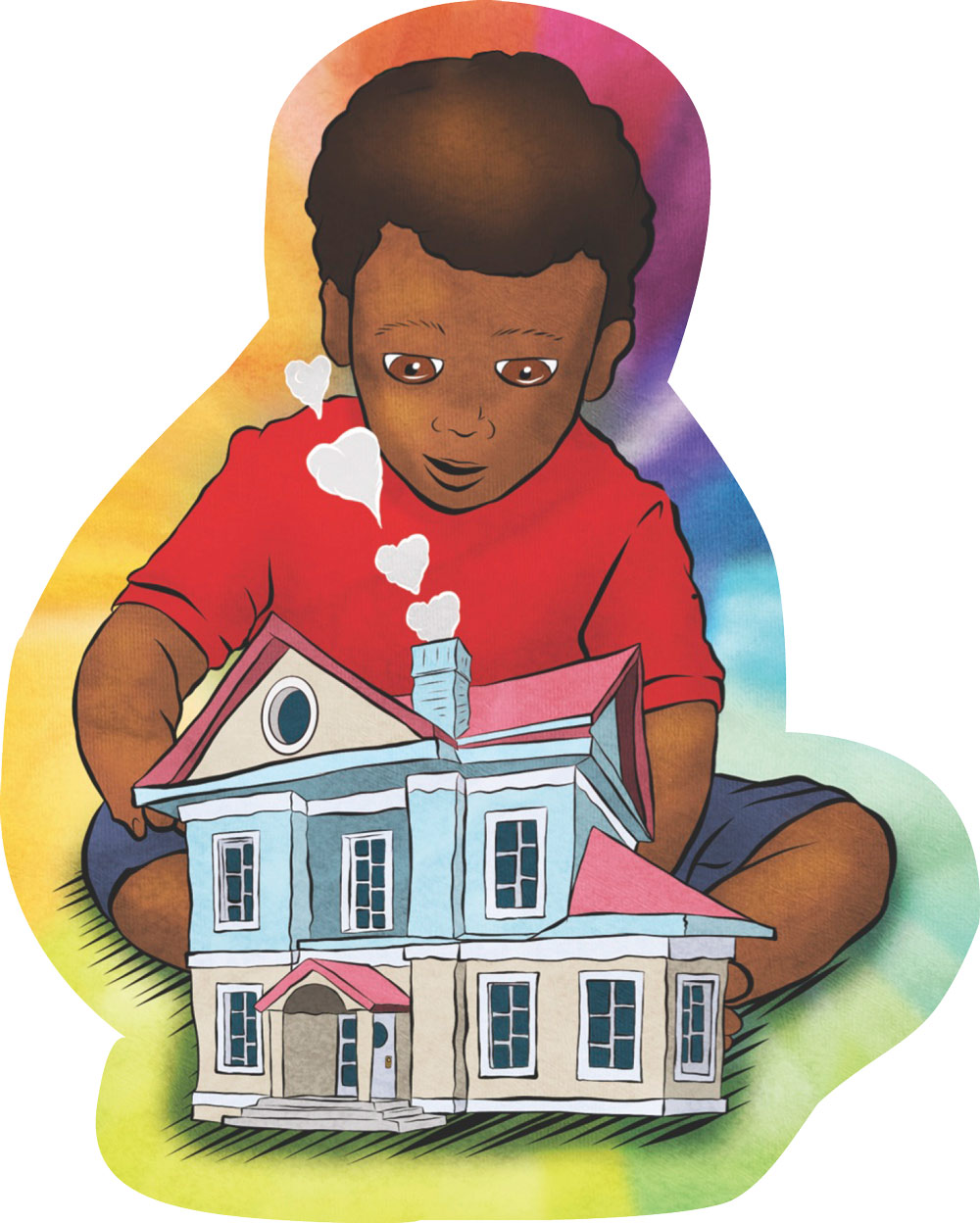
In 2022, he coauthored the children’s book Darius Wants a Dog (Ingram Sparks). Its theme is financial responsibility, but like his first book, the story is grounded in diverse characters and family types. “We tend to think about this work from a trauma space,” McAdoo said. “I really want to find ways and spaces to tell these stories in a joyful, celebratory way.”
The art of storytelling
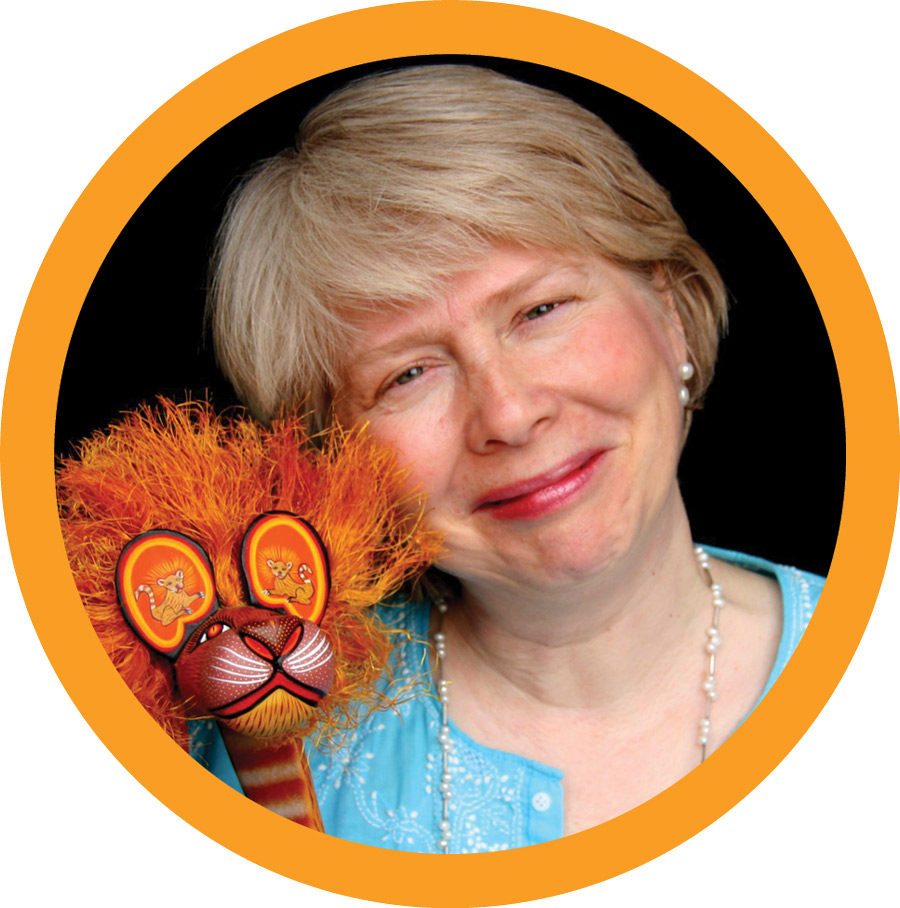
“The entire department met regularly to talk about how cultural artifacts could be used in the classroom to teach basic concepts, as well as more sophisticated ones,” said Weill, who lives on the Upper West Side.

Since then, Weill has used Mexican folk art by Oaxacan artisans to illustrate a series of eight bilingual books, published by Cinco Puntos Press, that teach basic vocabulary and concepts (opposites, colors, animal sounds). The first, ABeCedarios: Mexican Folk Art ABCs in English and Spanish (2007), co-authored with K.B. Basseches, GFA’88, received a starred review in Publishers Weekly. Her latest, last year’s Vámonos: Mexican Folk Art Transport in English and Spanish, is an exploration of transportation through delightful wooden carvings of animals traveling by plane, taxi, boat, and more. Her next installment will feature animals playing musical instruments.
“It’s truly work of the people,” Weill said of the original carvings. She also supports the folk art tradition by buying the pieces from artists in Oaxaca and then donating them to Chicago’s Field Museum, where they are part of its permanent MesoAmerican collection.
Lessons in Imagination
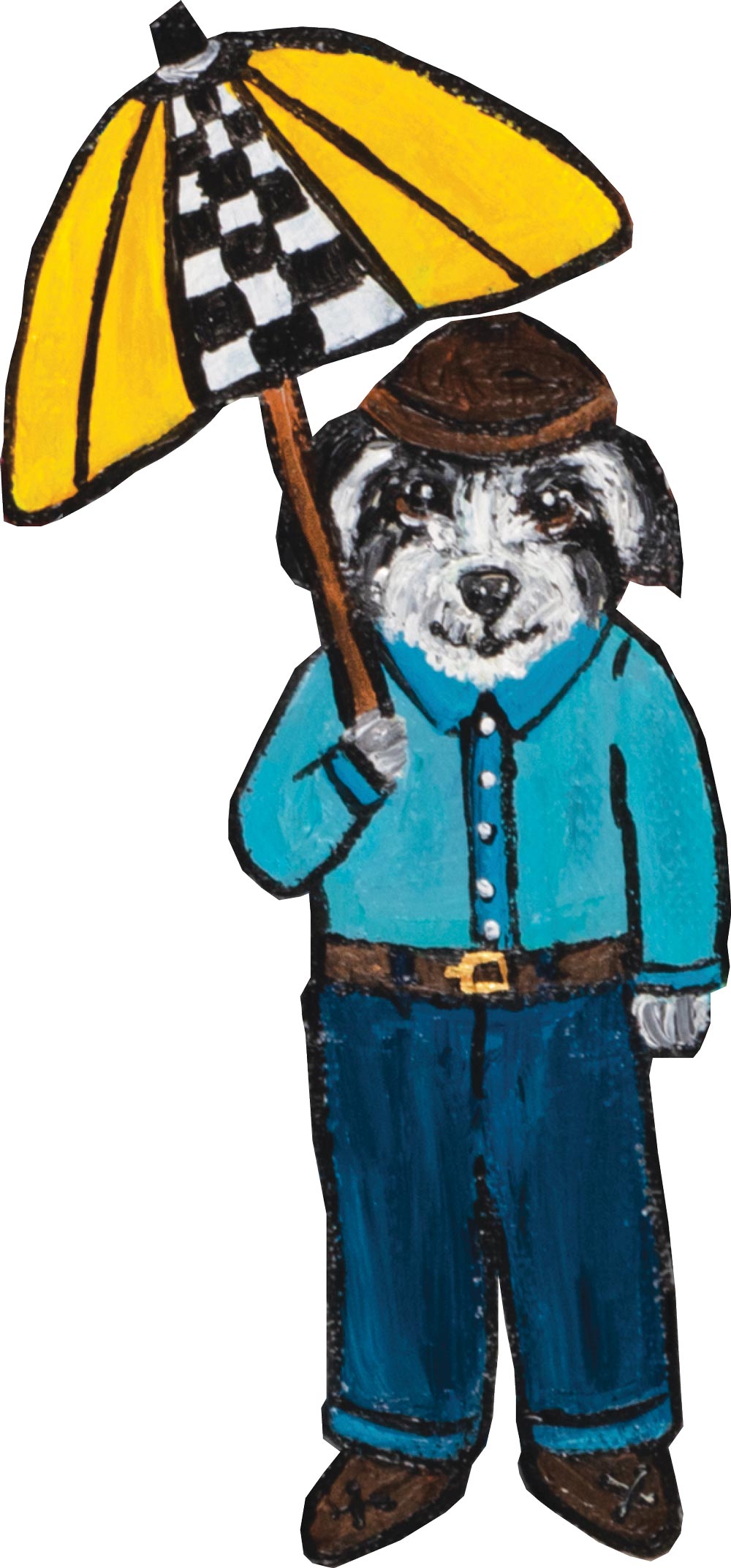
“Penn really opened my eyes to how children’s books can be used in the classroom as tools to ignite a child’s imagination and interest in a particular theme,” said Villanova resident Meredith Newman, GED’02, a former early elementary teacher in Philadelphia and New York City, and author of this year’s The Lost Umbrellas of Lexington (Ethos Collective). “In my own classroom, I would springboard an entire curriculum or unit from a children’s book.”
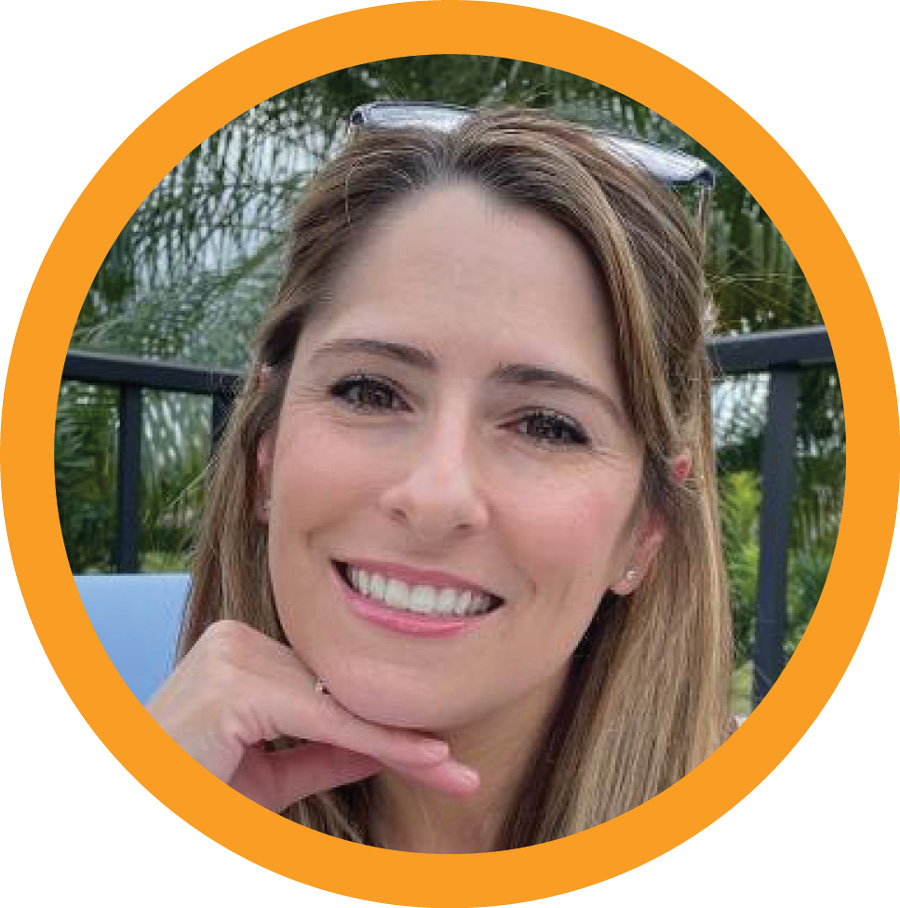
In this cute tale of creativity and giving back to the community, a taxicab-driving dog uses ingenuity to build a playground cover from a patchwork of umbrellas lost in his cab and gives the neighborhood animals a place to play on a rainy day. Newman made use of her classroom experience by including curriculum-related extension activities, such as identification of umbrella patterns (math) and discussion of rainy-day poems (language arts).
“Children’s books can be used to teach, to inspire, to support, and to nurture as well as for pure enjoyment,” she said. “Almost everything I did in the classroom began with a children’s book and I learned that from my coursework at Penn.”
Teaching Digital Safety
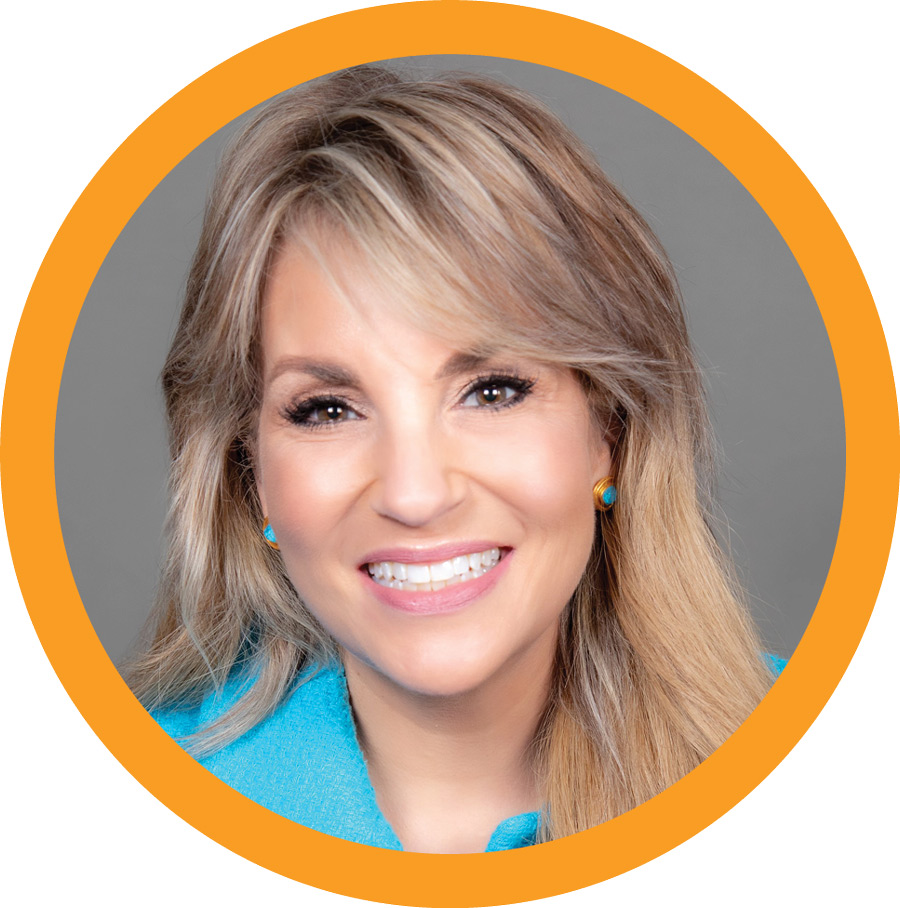
“The best way to get information across to a kid is through the corner of your mouth,” said the mother of three who lives in Gladwyne, Pennsylvania, and earned her higher education administration master’s while pursuing her law degree at Penn. In other words, tell a tale about a 10-year-old boy who shares a funny picture of his derriere taken with his new cell phone that lands him in big trouble. It’s a story that has its seed in the experience of Feldman’s friend, whose 13-year-old son was accused of pornography when he texted a naked picture of himself to his 12-year-old girlfriend and she reciprocated.
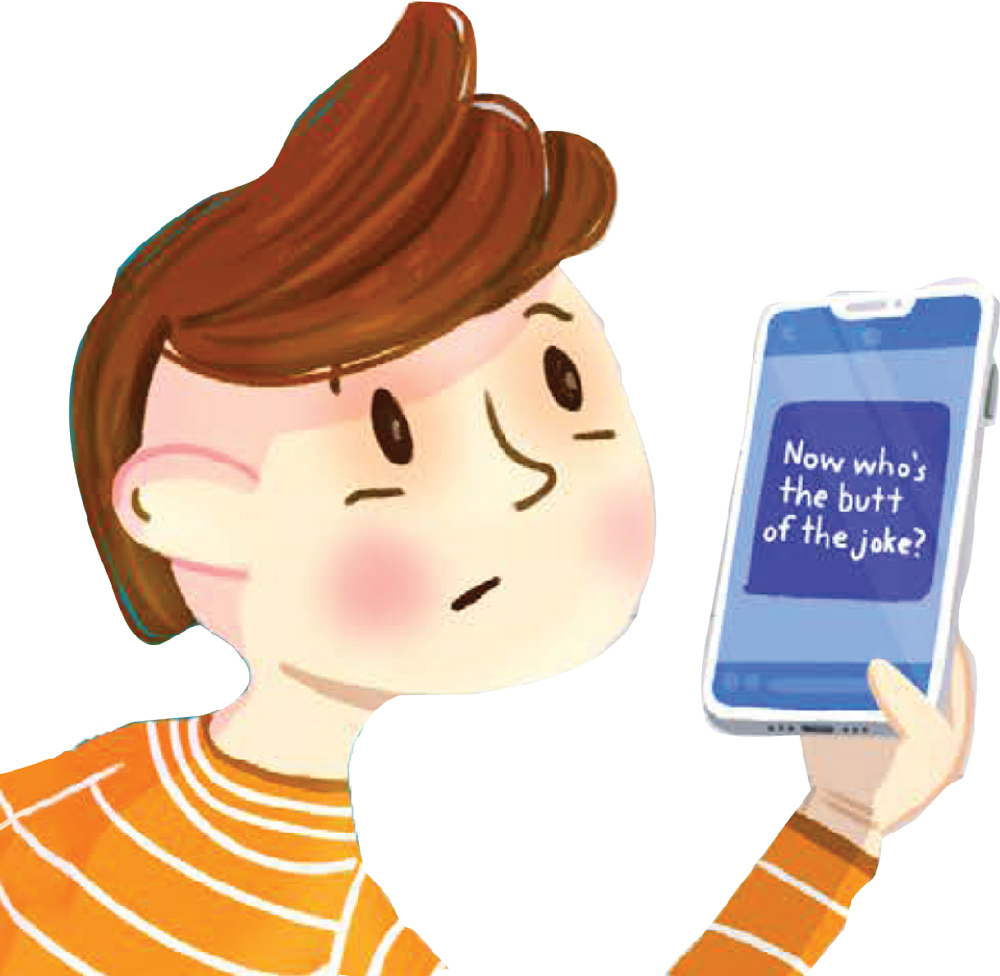
Meanwhile, music-inspired author Sloan is weighing a fourth book, this one about Broadway, even as she continues to build TeachMe TV, which provides online activities, games, videos, and worksheets to help children improve their learning strategies. Her GSE education entrepreneurship courses, she said, confirmed her “intuitive choices for an interactive [music] book and introduced some new ways I could continue to engage students through multimedia.”
“What Penn helped me realize and work toward,” Sloan continued, “is a kind of honing of skills, really showing me where my strengths already were but also where I needed to get better. That’s the best thing an education can do.”

Getting Books Into the Hands of Young Readers
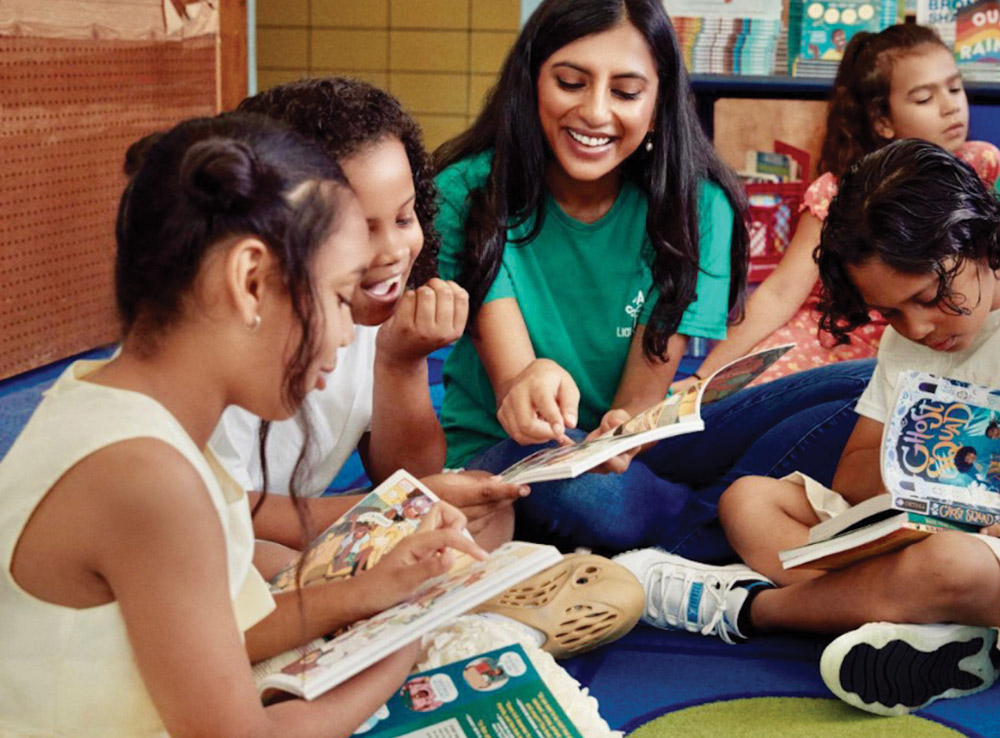
rowing up the child of immigrant parents from India, Rina Madhani, GED’19, first learned Hindi and Gujrati at home. It was only in the public schools of Chicago, she said, that she mastered English—thanks in part to the school librarian.
“When I was in third grade, she helped shape my trajectory,” said Madhani, who lives in Manhattan, “helped me discover books and really become a proficient reader.”
Perhaps, then, it’s no surprise that the former AmeriCorps reading interventionist and classroom teacher cofounded Start Lighthouse. The New York City-based nonprofit, primarily serving the Bronx, provides multicultural books to children, revitalizes defunct public school libraries, and brings diverse authors and illustrators into classrooms.
“In a world where knowledge is power,” Madhani said, “every child must have access to quality educational resources regardless of race or ZIP code.”
Research has shown that children with access to books, especially at home, attain higher achievement in school. But too many low-income communities are book deserts, and students lag significantly in reading skills. According to the U.S. Department of Education, 2.5 million children across the country are enrolled in districts where there are no libraries. One study found that nearly two-thirds of the low-income families studied owned no books for their children.
Madhani and Sibylla Shekerdjiska-Benatova, who expects to complete her master’s in reading, writing and literacy this year, are two members of the Penn GSE community determined to close the literacy gap. Like Madhani, Shekerdjiska-Benatova runs a literacy nonprofit that distributes children’s books.
“This is driven by the idea that you need to catch children’s attention and love for reading early on,” says the founder of A Book a Day, based out of her West Philadelphia home, and senior conservation technician for paper at Penn Libraries. “Developing proficient reading skills by fourth grade is fundamental for meaning-making and understanding complex texts.”

Since its 2014 start, the 10-person organization with a budget of $162,000 from grants and donations has distributed more than 7,400 multicultural and international titles to public schools, medical centers, and community groups in Philadelphia she said. It also operates programs in poetry writing and asks authors of color to write personal and inspiring letters to young readers. It was recently nominated for the 2024 Astrid Lindgren Memorial Award, a global recognition of contributions to the field of children’s literature.
“Growing and diversifying libraries are at the heart of our mission,” said Shekerdjiska-Benatova, who mastered English by checking out children’s books from the local library. “The libraries are knowledge centers that have to be well-supported, well-funded, and staffed.”
Start Lighthouse takes a similar approach. Madhani describes the four-woman organization, which has a budget of $767,000 that includes city, state and federal support; grants, and corporate sponsorships, as “a beacon of hope for the children in the Bronx.”
Its Literary Adventures program has BIPOC authors and illustrators lead school workshops on the creative process and provides a spread of free books from which students can build a home library. “A child will go from zero books at home to five multicultural books in the span of one week,” she said, adding that so far, Start Lighthouse has provided 23,000 books for home libraries.
At its Literacy Hubs (rehabbed school libraries), students have access to curated materials and a safe place to gather, including on Saturdays and during the summer. “More students are engaged with the love of reading,” she said of the first hub that opened last year at a library that had gone unused for 16 years. A second opened this fall, and a third is in the works.
The nonprofit launched during the pandemic, when schools and libraries were shuttered, and parents of Madhani’s elementary charter school students in the Bronx asked her for books. “Their children didn’t have any books at home,” she said. Madhani began distributing new books, and once the pandemic eased, she used her Penn GSE education—particularly her “Education Entrepreneurship” class—to build Start Lighthouse from scratch. “That course changed my life.”
Now, Madhanai hopes the children she serves can have the confidence to dream big, too.
“Start Lighthouse isn’t just a nonprofit,” she said. “It’s a driving force behind a more equitable and educated future for our kids.”